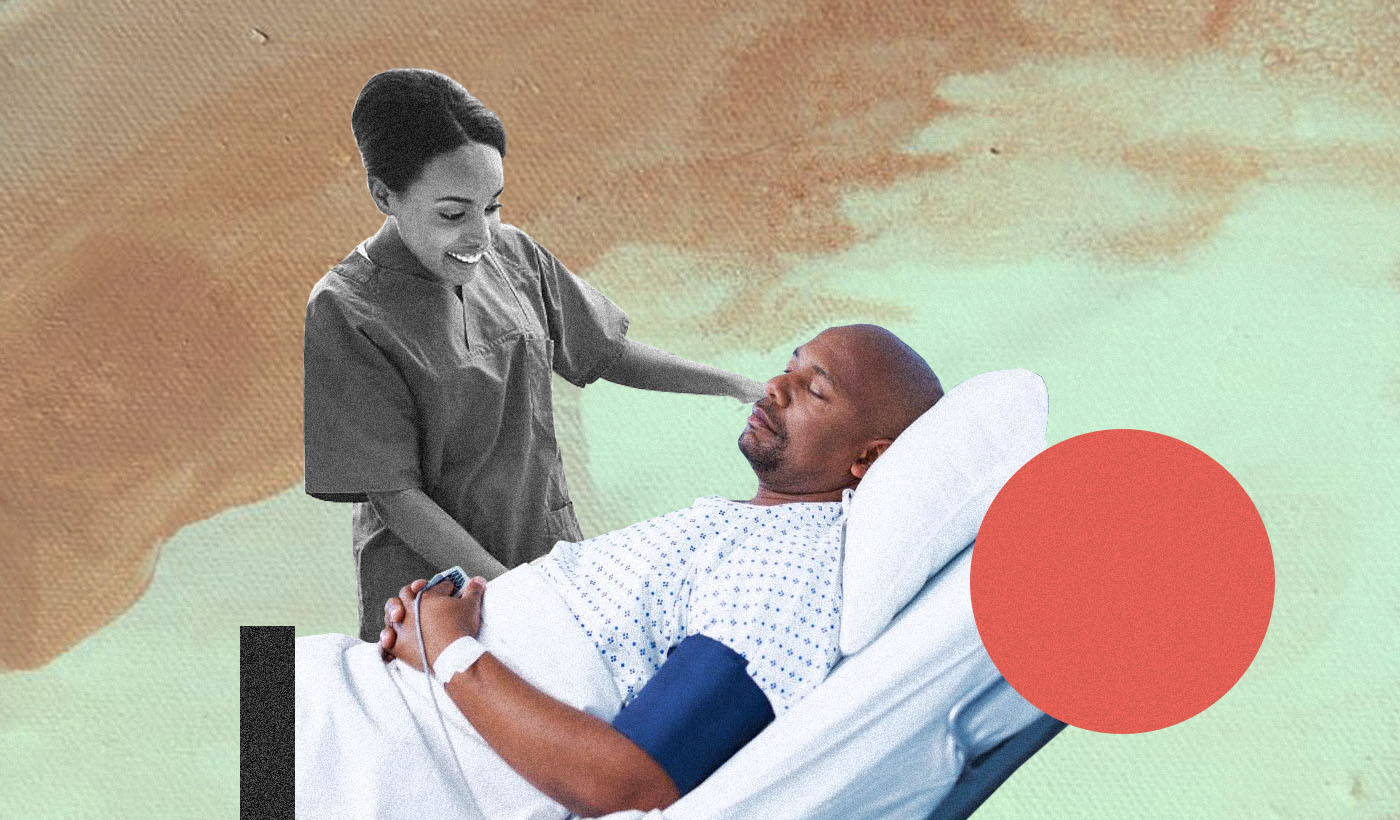Top healthcare articles on Stears Business
Adequate healthcare can be the difference between life and death. People die every day in Nigeria because they do not have access to good healthcare. Unfortunately, healthcare professionals are also not paid well, leading to a medical brain drain.
These are some of the reasons why many people were so anxious when the COVID-19 pandemic began. Everyone thought it would be a disaster. Somehow, our healthcare sector is still trudging along despite the lack of investment.
So today, we want you to have a solid view of what's happening in healthcare. You will understand the challenges in the industry. Also, this list has some exciting startups disrupting the system.
1. What data says about Africa's Covid-19 complacency

First up is a topical story. The world is in the middle of the third wave of Covid-19. But the continent has been complacent in its handling of the world's most pressing health matter. Is it time to quit talking about the challenges? We are all tired and fed up with the stubborn virus. But this article runs us through critical data points that show reasons to take it seriously.
Read the the full story here
2. The vicious cycle of medical tourism and physician migration

Like Nigeria, India loses domestically trained healthcare professionals to foreign countries. But, India's doctor-patient ratio almost equals the WHO standard at 0.9 doctors per 1,000 patients. This is unlike Nigeria's ratio at 0.4 doctors to a thousand patients. This article gives us insight into what India is doing right that Nigeria can also replicate.
Read the full article here [Free to read]
3. Funding primary health care: A more practical solution

Primary Healthcare Centres (PHCs) are Nigerians first point of contact for healthcare. Think immunisation, minor cuts, or natal care. Their design encourages accessible basic, essential healthcare needs. But like the rest of the industry, they suffer from a lack of funding. This article shows us how PHCs get funding. It also looks at how Public-Private Partnerships can play a part in fixing the poor funding problem.
Read the full article here
4. Health regulation: Reducing medical errors in Nigeria

Everyone makes mistakes, but for healthcare professionals, mistakes can be extremely costly. But when mistakes happen, what happens next, and how do we stop them from repeating themselves? This article explores why mistakes happen in our healthcare system. It takes a critical look at preventative measures and discusses your rights to reporting medical errors and getting justice.
Read the full article here
5. The world's path to equitable vaccine distribution

Speaking about rights, what would you consider fair in the distribution of vaccines globally? Countries like the US and Canada have enough vaccine doses to cover over 5x their population. But, Nigeria is expecting 84 million vaccine doses for just 30% of its 200 million people. Are we taking the right steps to achieve a more equitable vaccine distribution? This story analyses how the world manages its competing interests to provide vaccines.
Read the full article here
6. Traditional and herbal medicine need more than belief

It's not surprising that traditional healing methods are popular in Nigeria. At the start of the pandemic, lots of recommendations centred around herbal concoctions. All boasted of preventing or curing the disease. Traditional healing methods are popular in Nigeria—70% of people use them. This story explores why and shows how, like China, Nigeria can develop this growing industry.
Read the full article here
7. Transporting blood in Lagos: Lifebank's life-saving business model

Someone, somewhere, needs blood at every moment. This person can be an accident victim or a sickle cell anaemia carrier. However, in Nigeria, there is a blood deficit. And this is where Lifebank comes in. This business model piece shows how Lifebank, a startup, bridges the gap between blood suppliers and those in need of blood. By leveraging data and logistics, we see how Lifebank saves lives.
Read the full article here
8. Microinsurance: The ambitious model to provide healthcare for all Nigerians

Healthcare is expensive in most parts of the world. Still, most countries tackle this issue with health insurance. In Nigeria, with a minimum wage of ₦30,000, many people can't afford even the cheapest health insurance plans. This insightful article gives us discusses a cheaper alternative called microinsurance. It offers fewer services than regular insurance. However, Nigerians can access basic healthcare services through it.
Read the full article here
9. Why nursing services are undervalued and underpaid

All healthcare professionals in Nigeria are underpaid, but it's much worse for nurses. The argument here isn't that we should pay nurses and doctors the same salaries. Looking at the required years of learning and services rendered, please give it up for doctors. But nurses are not well valued. This piece explains the reasoning behind this and what we can do to fix it.
Read the full article here
10. Doctoora's plan for affordable healthcare in Nigeria

A common theme in most of the articles on this list is that healthcare in Nigeria is expensive. This is where Doctoora comes in. Doctoora is making healthcare accessible to more Nigerians. How? The startup leverages virtual consultations, unutilised hospital spaces and doctors to treat patients. This story is a full breakdown of Doctoora's healthcare subscription business model. It also tells us exactly how they are making healthcare cheaper and more accessible.
Read the full article here